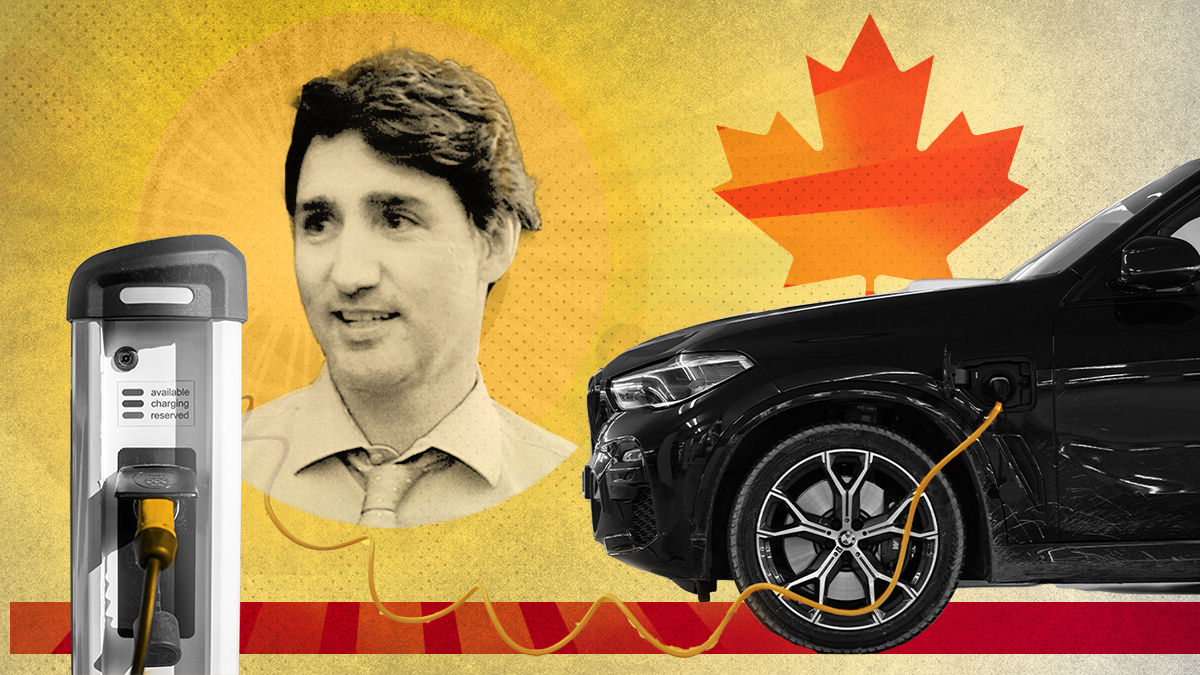On Thursday, Ford withdrew its full-year results forecast because of uncertainty over cost structures stemming from its tentative deal with the United Auto Workers, which could tack on an additional $900 in labor costs per vehicle. The company is scaling back its investment in EV technology after disappointing earnings — it is losing $36,000 on every EV sold. “The narrative has taken over that EVs aren’t growing. They're growing. It’s just growing at a slower pace than the industry and, quite frankly, we expected,” Ford Chief Financial Officer John Lawler said.
Meanwhile, General Motors recently postponed the construction of a major new EV plant in Michigan in the face of softening demand. Now, the Detroit-based auto giant doesn’t plan to start building until late 2025.
Both developments raise questions about the big bets both Biden and Trudeau have placed on the EV industry, with massive industrial subsidies for battery plants and tax credits for EV purchases. Even with large incentives, consumer adoption is slower than the car companies anticipated. The business challenge may make it harder to argue that the transition to a greener economy offers as much opportunity as hardship, an important argument for progressives in their debate with conservatives over the shape of the economy of the future.
